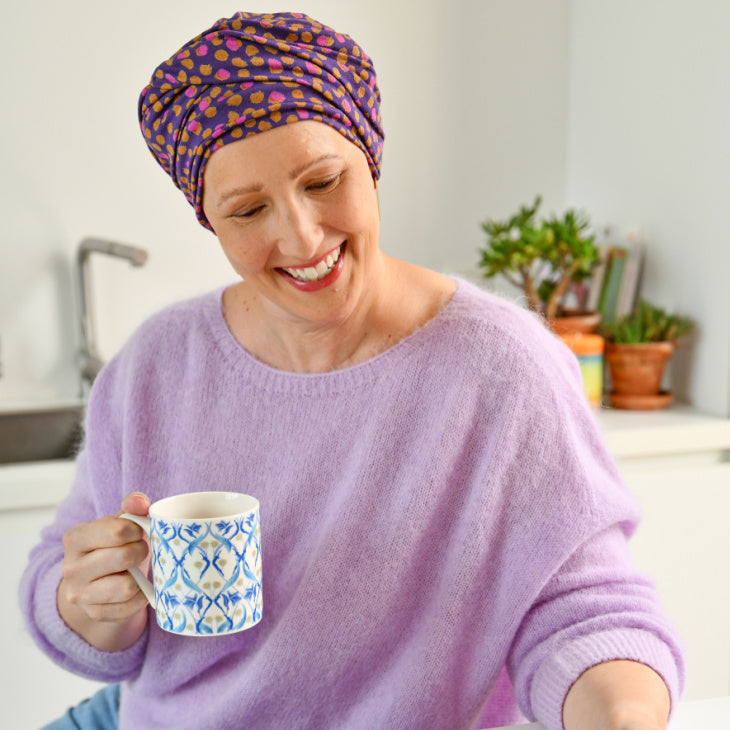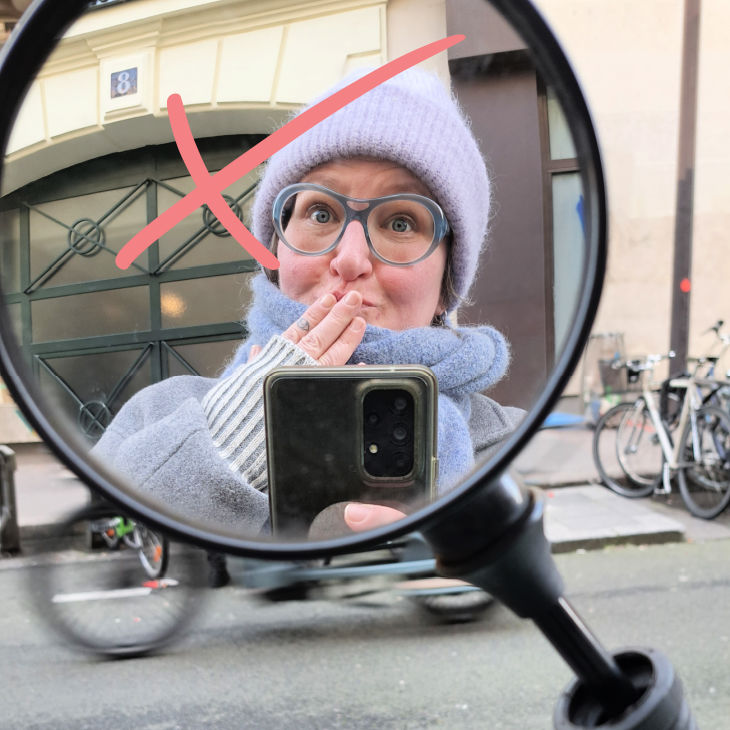"I was standing in the shower when suddenly, I couldn’t stand my own shampoo anymore. The scent I used to love suddenly seemed a hundred times stronger. I even felt a bit nauseous." Many people undergoing chemotherapy recognize moments like this. Your favorite perfume, the smell of coffee in the morning, or even dinner simmering on the stove – things that once felt familiar can suddenly smell too intense, strange, or downright unpleasant.
It’s not just annoying – it can also affect how you feel, what you eat, and even how you take care of yourself. Fortunately, this is usually temporary, and there are smart ways to make it easier. In this article, you’ll read why your sense of smell changes during chemo, how long it can last, and practical tips to help you cope.

Why does your sense of smell change during chemotherapy?
Chemotherapy targets rapidly dividing cells, such as cancer cells. But it can also affect healthy cells, including those in your mucous membranes and the nerve pathways responsible for taste and smell. In addition, chemo can disrupt your immune system and hormone balance, which indirectly affects your sense of smell.
Important factors:
- Damage to smell cells: the cells in your nasal lining may temporarily function less well.
- Changes in saliva production: a dry mouth can make smells seem different.
- Increased sensitivity: some people experience smells as much stronger, which can trigger nausea.
- Medication odor: some chemotherapy drugs have a strong smell that can interfere with your perception of scents.

Does everyone experience this?
No, not everyone notices changes in smell during chemotherapy. It depends on:
- The type of chemotherapy you’re receiving
- Your personal sensitivity to smells
- Any additional treatments, such as immunotherapy or radiation in the head and neck area.
Research shows that about 50–70% of people undergoing chemotherapy experience some kind of change in taste or smell.
When does it start, and how long does it last?
Many people notice changes within a few days to weeks after starting treatment. The intensity can fluctuate throughout your chemo cycle.
After completing chemotherapy:
- For most people, smell and taste return to normal within 3 to 6 months.
- For some, it can take longer than a year, especially if nerve damage has occurred.
- Sometimes, minor changes remain — for example, certain smells may never seem exactly the same again.

Practical tips to manage it
1. Choose mild, fragrance-free care products
Strongly scented shampoos, lotions, or perfumes can suddenly feel overwhelming or nauseating. Choose fragrance-free or gently scented products with natural ingredients whenever possible. You’ll find our most chemo-friendly beauty products in the Beauty & Skincare section of our shop.
2. Be mindful of cooking smells
During chemo, cooking odors such as onions, garlic, or fried meat can feel overpowering. That can reduce your appetite or even make you nauseous.
Some tips:
- Cook with the windows open or use an extractor fan
- Ask someone else to cook
- Prepare meals when you feel less nauseous
- Opt for cold dishes, which tend to smell less
Read more: Why Food Tastes So Different During Chemo—and How to Fix It >>

3. Eat and drink neutrally
If smells are too strong, you can temporarily choose mild foods and drinks such as plain yogurt or quark, oatmeal, white rice or pasta with a soft sauce, lightly cooled tea, or water with a slice of cucumber, etc.
Also read: Staying Hydrated During Chemo: 3 Easy Tips That Really Work >>
4. Ventilate and create a fresh environment
Open windows regularly. Use an air purifier without perfume filters. Avoid strong-smelling cleaning products and choose unscented versions.
5. Give yourself time
Your sense of smell may fluctuate during treatment and recovery. It’s normal if scents still seem strange or intense even after chemo ends. Try to be patient and take small steps to get used to familiar smells again.
When to contact your doctor?
Contact your doctor if changes in smell are accompanied by persistent nausea or vomiting, if you can’t smell anything at all, or if your sense of smell hasn’t improved after 6 to 12 months. Your doctor can look for additional causes or refer you to a specialist or dietitian.
In conclusion
Changes in your sense of smell can be an unexpected and sometimes frustrating side effect of chemotherapy. By using mild products, avoiding strong cooking smells, and keeping your environment fresh, you can reduce discomfort. And remember: in most cases, your sense of smell will slowly but surely return.











Leave a comment
All comments are moderated before being published.
This site is protected by hCaptcha and the hCaptcha Privacy Policy and Terms of Service apply.